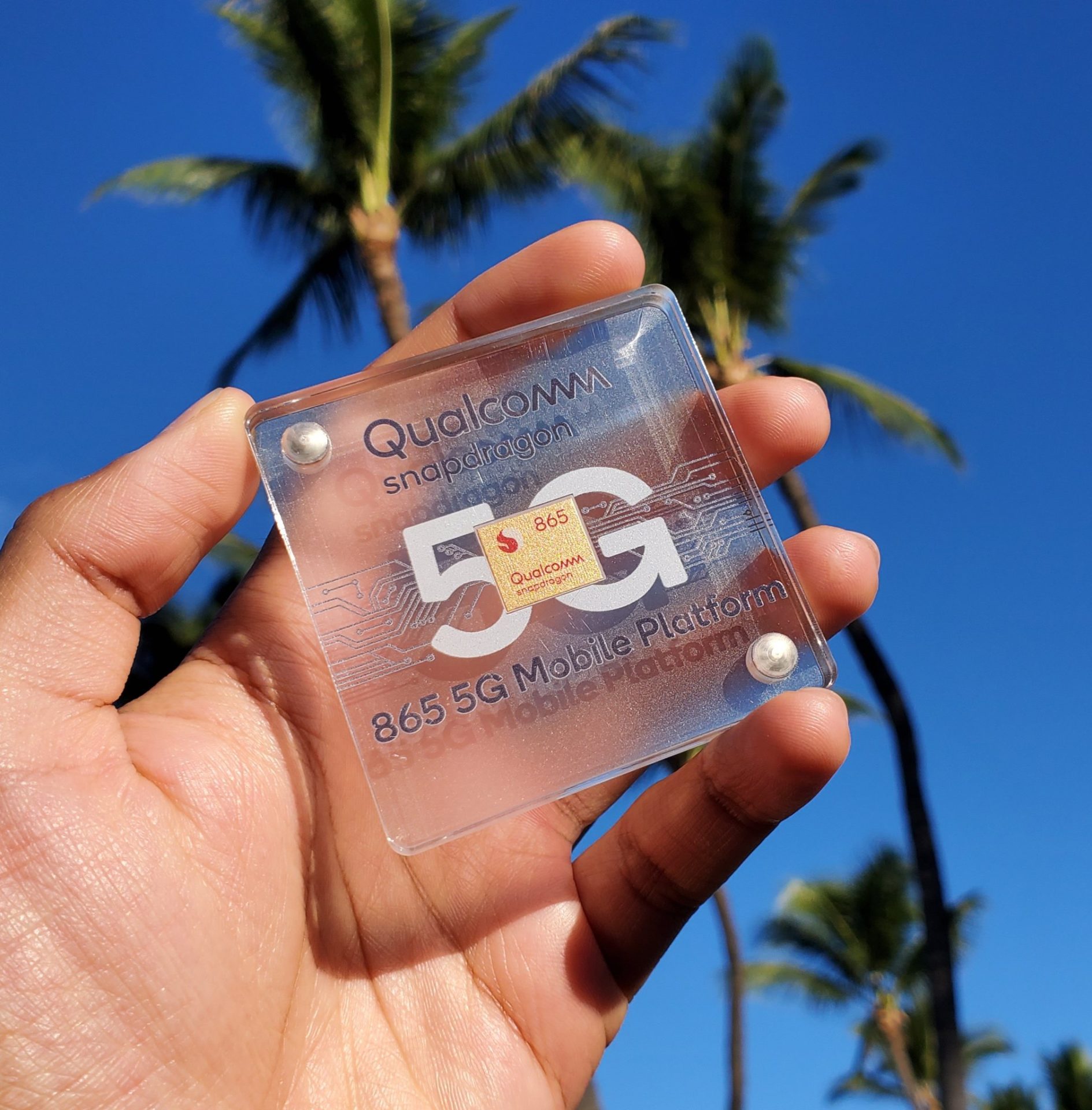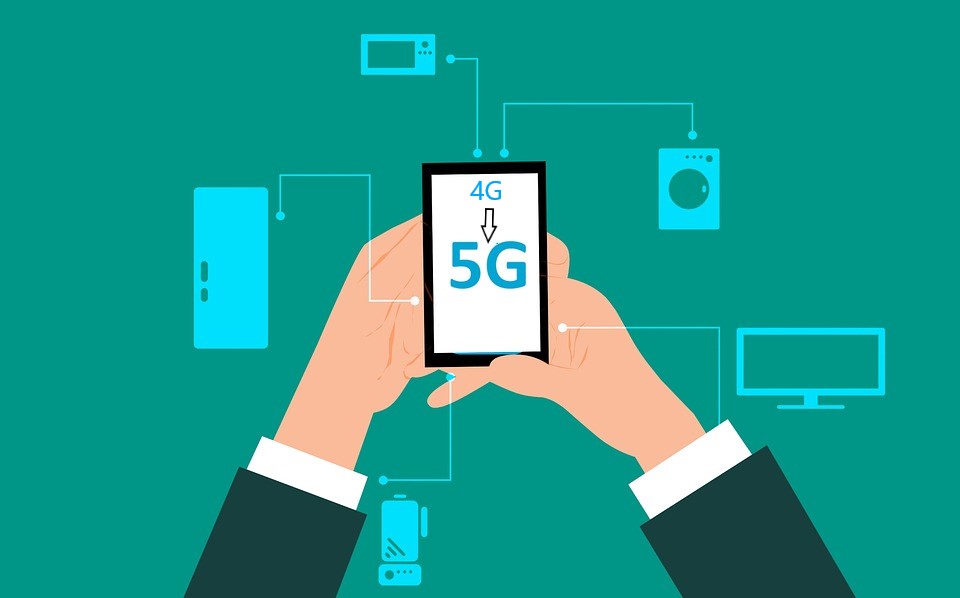5G is undoubtedly the next development in mobile broadband internet access after 3G and 4G. Currently, 5G promises at least 20 times faster the speed of 4G and over 300 times that of 3G. 5G not only comes with improved download and upload speeds but also latency reduced from 50ms on 4G to 1ms on 5G. Latency is the time it takes for a response to be received from the first time a request was made. Reduced latency means time-sensitive and mission-critical applications like self-driving cars and remote surgery in medicine can be made possible.
South Africa’s data-only network, Rain, became the first service provider in Africa to offer 5G back in September after its announcement in February early this year. It made South Africa the first country to experience 5G in the continent at a commercial scale. The network is currently available at selected locations like the capital city and customers can get to enjoy the blazing fast speeds for only R1,000 or an equivalent of USD 68 at current exchange rates. If you’re in South Africa and have already purchased Rain Sim card hoping to get connected, ensure you go through these Rain APN settings for you to take full advantage of your purchase.
Nigeria’s MTN made public their first 5G test and the speeds witnessed were over 1.7Gbps as shared by this Twitter user:
I tried out MTNs 5G today alongside @Fosudo and @MissTechyNG . The speed was like Ferrari and a Formula 1 car mixed together 😭. You can download 2Gb in 10 seconds #MTN5GDemo #ExperienceTheFuture pic.twitter.com/O9pTgTBcI5
— TayoAinaFilms (@tayoainafilms) November 25, 2019
Other countries expected to publicly test their 5G network and expected rollout by 2025 are Kenya, Ghana, and Egypt. If you need more information about 5G rollout in SubSaharan Africa, feel free to go through this 44-page document by GSMA to get full insight into the foundations of 5G on this part of the continent.


